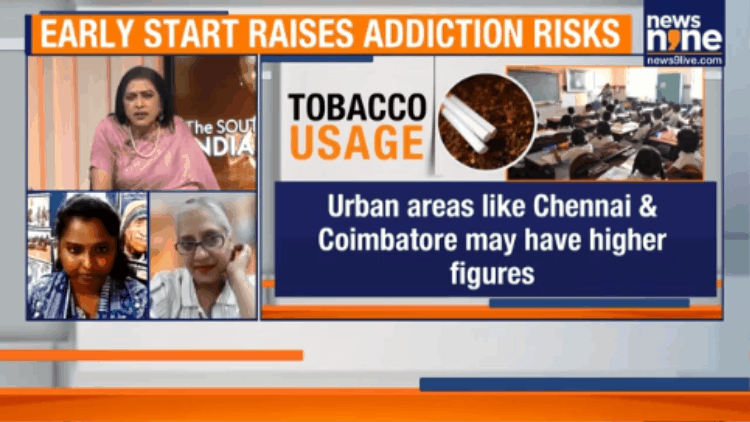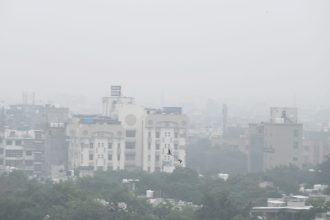New Delhi: The alarming rise in tobacco use among school children in rural Tamil Nadu has become a significant public health concern. A recent study conducted in the Namakkal district reveals that over 20% of students, some as young as nine, are using tobacco, predominantly in smokeless forms. This represents a dramatic increase in youth tobacco consumption and underscores the urgent need for effective intervention strategies.
The COVID-19 pandemic and subsequent lockdowns have been cited as a potential contributing factor. With children confined to their homes for extended periods, increased exposure to tobacco use within their families might have led to experimentation and addiction. This hypothesis is supported by anecdotal evidence from various sources, including interviews with health professionals and NGO workers.
The lack of a permanent ban on tobacco products in Tamil Nadu further exacerbates the problem. The easy availability of tobacco near schools and in communities creates a highly vulnerable environment for children, who are particularly susceptible to peer pressure and the influence of readily accessible products. This accessibility is also compounded by the low cost of these products, making them affordable for even young children.
Several stakeholders are actively working to combat this epidemic. Organisations like Aarvam NGO are conducting awareness programmes in schools and are utilising a dedicated app for tobacco monitoring and reporting. However, these efforts alone are proving insufficient. The urgent need for comprehensive measures involving stricter regulations, increased enforcement of existing laws against the sale of tobacco to minors, and a multifaceted awareness campaign is paramount.
The long-term health consequences of early tobacco use are devastating. Dr. Shreevidya, a senior consultant physician, highlighted the potential for various cancers, lung issues, infertility, and memory loss. She stresses the importance of early intervention to prevent long-lasting damage. The absence of effective regulation is a critical factor, as the current system fails to address the underlying issues of accessibility and affordability.
The involvement of school authorities, parents, and the community at large is crucial to effectively tackle this growing problem. The immediate future requires a strong collaborative effort between governmental and non-governmental organisations to address the issue effectively and safeguard the health of Tamil Nadu’s children.










